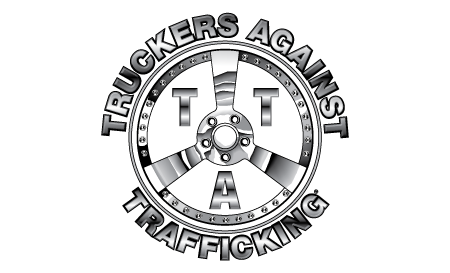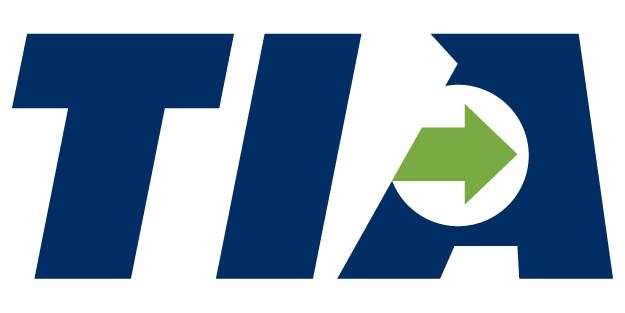Issue 116

House Passes FAA Reauthorization: |
|
The House passed its version of the Federal Aviation Administration Authorization Act, H.R. 3935, with an overwhelming majority of 351-69. The bill aims to reauthorize the Federal Aviation Administration (FAA) with $103 billion over the next five years to address issues like increased passenger numbers after the pandemic.
Now, the Senate must approve their version, but there is a dispute over changing the minimum flight training hours for commercial pilots, delaying progress in the upper chamber. The FAA's current authority expires at the end of September, and with competing floor time for other bills, an extension for the FAA bill seems likely.
The House's bipartisan vote on the FAA bill contrasts with the contentious defense bill passed previously. Bipartisan negotiations led to a smoother process for the House's FAA bill, with a focus on safety, consumer protection, and sustainability.
The bill faced opposition regarding expanding flights at Ronald Reagan Washington National Airport, with Delta Airlines supporting expansion and United Airlines opposing it. The issue remains unresolved and will be considered by the Senate as part of its version of the bill.
The House bill endorses raising the retirement age for airline pilots from 65 to 67 to address workforce shortages. However, the Air Line Pilots Association opposes this change, presenting challenges in the Senate.
Regarding pilot training, the House bill was stripped of language that would have allowed additional simulator hours to count toward the total flight training hours. Regional airlines argued for softer rules due to workforce issues, but the families of crash victims fought to keep the strict regulations in place.
Many steps remain before the bill becomes law, including a markup in the Senate Commerce Committee and conference negotiations between the House and Senate. |
3PL Receives a Big Win in Court: |
|
TIA was pleased to see the U.S. Court of Appeals for the 7th Circuit ruled in favor of the freight brokerage industry, holding that negligence claims against freight brokers are preempted by federal law. This decision aligns with the 11th Circuit's interpretation and contradicts a previous ruling by the 9th Circuit. In the case of Ying Ye v. GlobalTranz Enterprises Inc., a shipper hired GlobalTranz, a freight broker, to arrange transportation. The actual transportation was carried out by an unrelated motor carrier, Global Sunrise, which was involved in a fatal crash. Ye sued various parties, including GlobalTranz, for wrongful death.
Ye's lawsuit against GlobalTranz was based on two theories: negligence in selecting Global Sunrise as the motor carrier due to alleged safety violations, and vicarious liability for Global Sunrise's negligence. The district court ruled in favor of GlobalTranz on both claims, finding the negligence claim preempted by the Federal Aviation Administration Authorization Act (FAAAA). Ye appealed the dismissal of the negligence claim.
The FAAAA, enacted in 1994, preempts state laws related to a freight broker's prices or services, with exceptions, including the "safety exception" for state safety regulatory authority over motor vehicles.
The 7th Circuit unanimously rejected Ye's argument, affirming the district court's decision. The court analyzed the scope of FAAAA preemption and concluded that Congress intended to preempt claims governing a freight broker's services, including carrier selection, which is central to their operations. Allowing negligence claims against brokers could significantly impact their services and operations.
The "safety exception" does not save a plaintiff's negligence claim against a broker, as Congress viewed motor carrier safety regulation as distinct from freight broker regulation. The court's decision aligns with the 11th Circuit's ruling, while the 9th Circuit's reasoning was deemed faulty.
The ruling is a significant win for the freight brokerage industry. While it specifically governs federal courts in Illinois, Indiana, and Wisconsin, it sets a persuasive precedent for courts across the country. The battle over the scope of preemption and the "safety exception" is likely to continue until the U.S. Supreme Court ultimately addresses the matter.
|
If you have any questions about this newsletter or TIA 2023
Policy Forum, please email [email protected]
TIA 1900 Duke Street STE 300 Alexandria, Virginia 22314 US
Want to change what emails you receive from us? Update your preferences.















